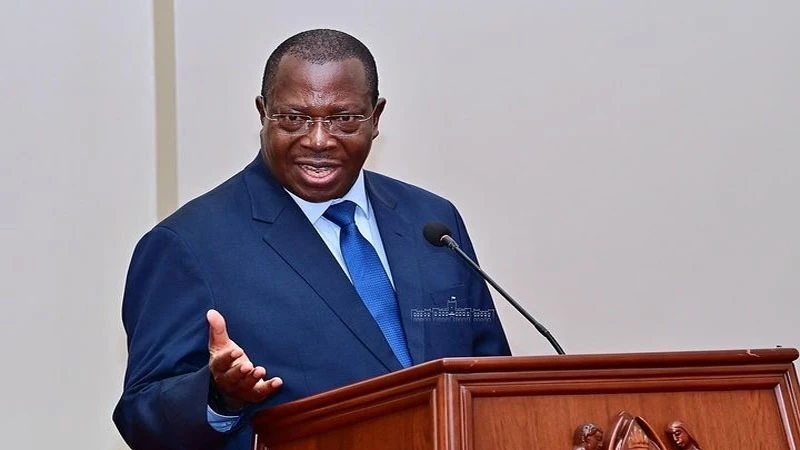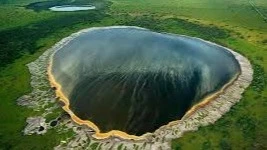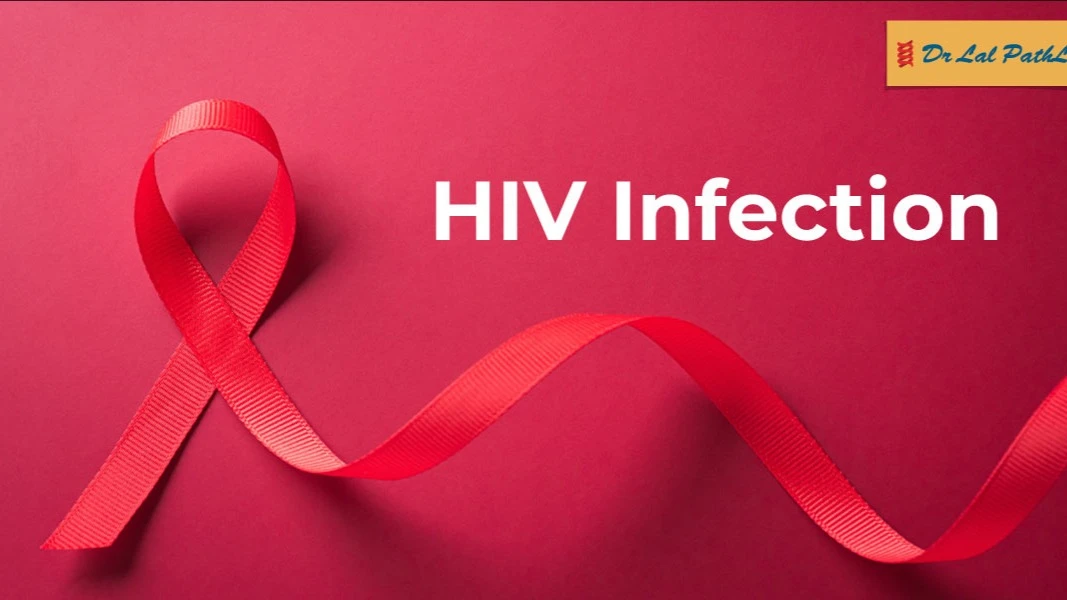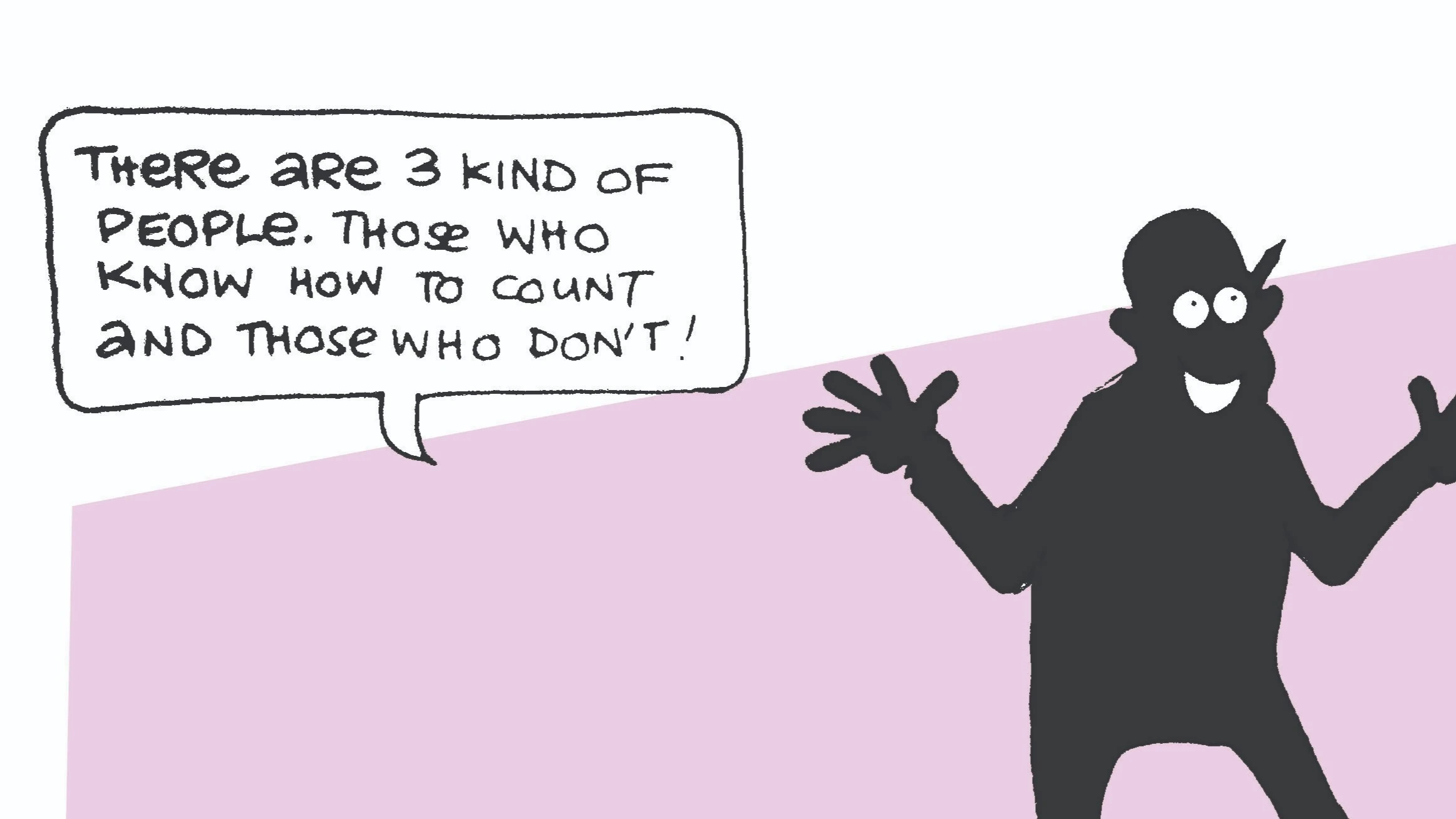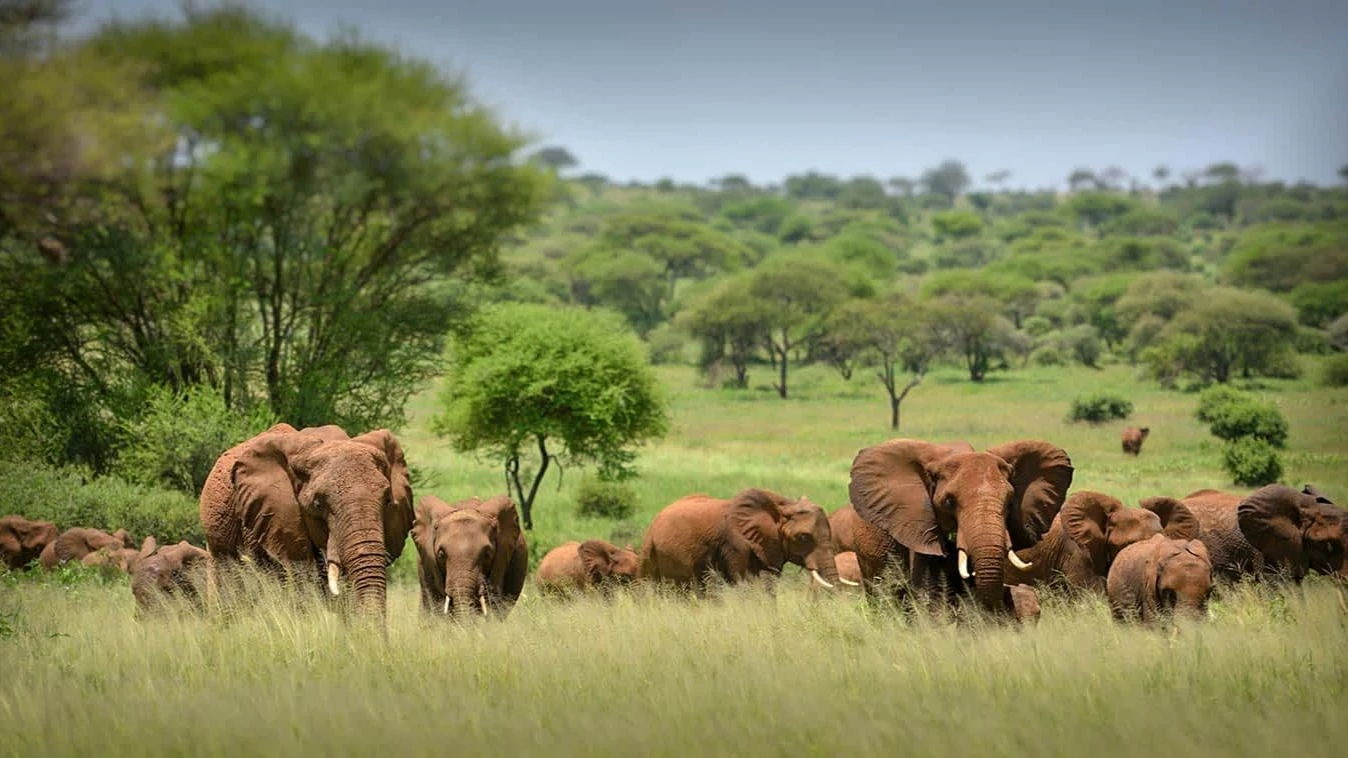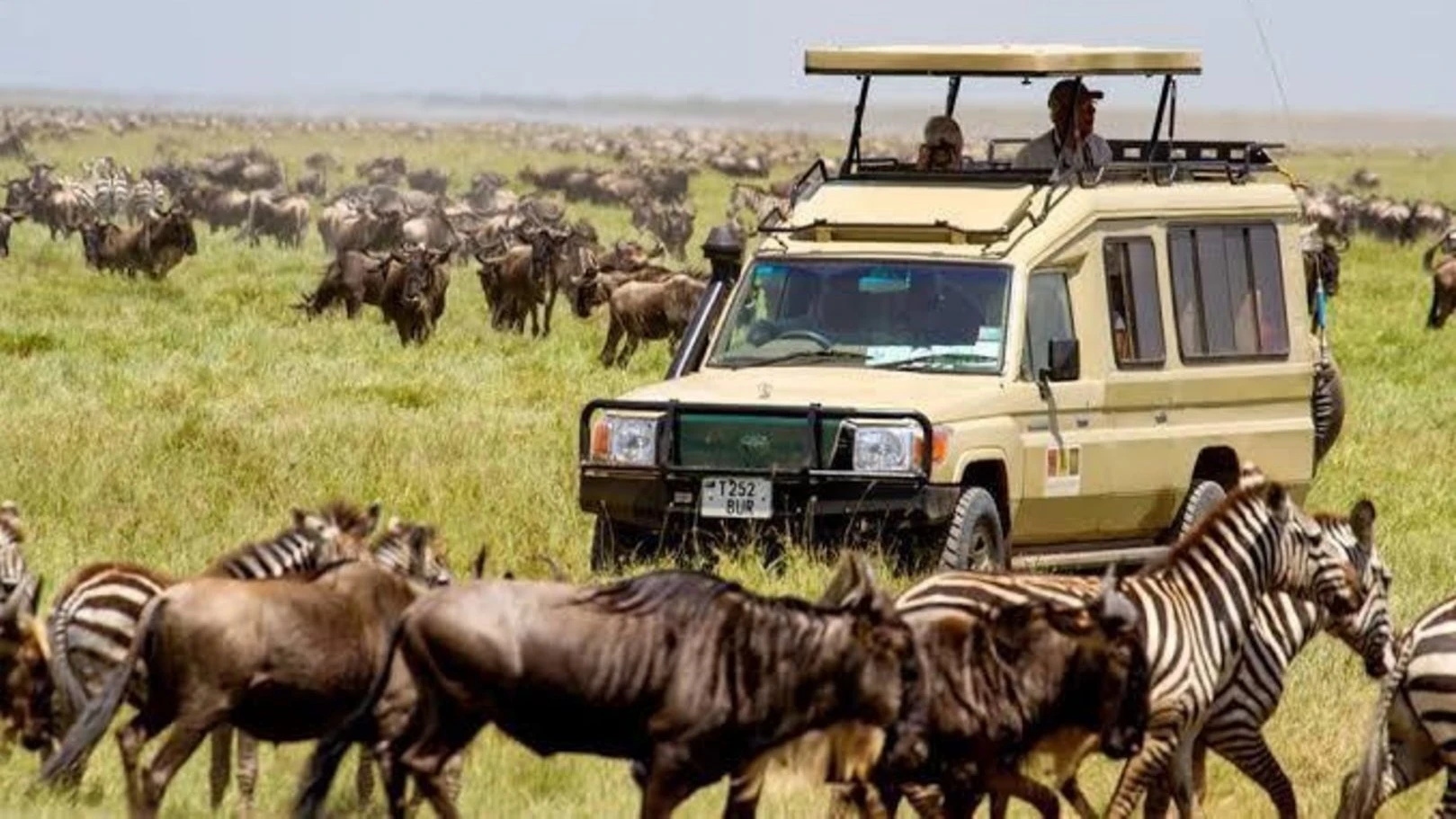Normal for UDSM to get slot 32 in African varsity rankings
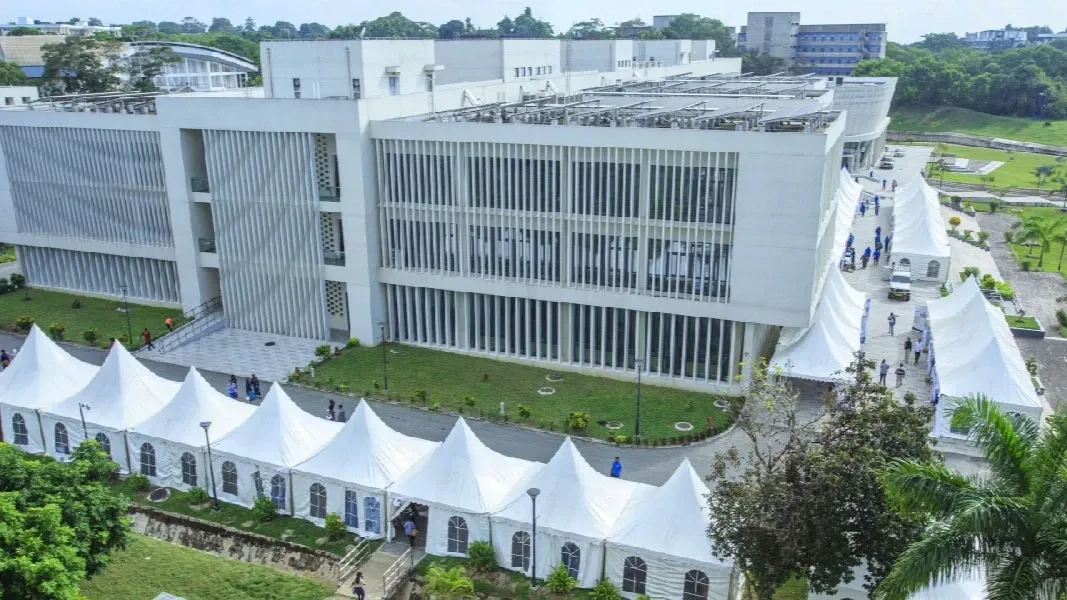
THERE is some concern among various wings of the local higher learning institutions scenario at the latest global university rankings placing the University of Dar es Salaam (UDSM), the country’s flagship academic institution, at no 32 in Africa. It is the only Tanzanian university among the continent’s top 50. Online entries shows that the rankings are conducted by a specialised promotional survey group passed in the New South Wales province in Australia, which describes its exercise as an international higher education portal and search engine. It features reviews and rankings of over 14000 universities and colleges, now clocking 20.
There is a difference between someone seeking to roll out a ranking designed to make it a leading international higher education directory and search engine, for more than 10,000 institutions of higher learning, and a scientific study in a strict sense of the term.
The problem is that if one wanted a scientific study of what universities are indeed the best, a subjective aspect comes up, as to whether it is liberal or conservative universities which will impress in their academic outputs. The ranking at hand is more outward looking, on students from other countries or perceptibility of employable graduates, themes we usually hear being addressed.
For a search engine on higher learning featuring reviews and rankings of over 13,900 officially recognized universities or colleges, it isn’t a reference one can afford to put aside for any reason, even if its ranking has specific limitations.
The brand owner’s profile says that it is not an academic ranking and therefore should not be adopted as the main criteria for selecting a higher education organization where to enrol and study. That is exactly where the other concern came from, that one selecting a university for study may wish to find out, or rather base his or her selection as to its being a liberal or conservative institution, pointed or misleading.
When it comes to the brand issues of ranking methodology transparency and the ability of testing and reproducing the result so obtained, there are few areas to complain about the ranking. The brand owner says it is conducted as suggested by the Berlin Principles on Ranking of Higher Education Institutions – well, a topic of its own - and is decidedly less stringent than for academic university rankings. The latter isn’t a minus as it leaves out ideological or conceptual controversies about the world and human society as handled by any university.
Back home, the Sokoine University of Agriculture (SUA) followed at a distant slot no 96 in Africa, while it is possible the Muhimbili University of Health and Allied Sciences (MUHAS) would have done better on a more specialised reference listing, on its specialised units. But generalised as a university and looking at the influence or otherwise of its generalists or other outputs, it is entirely possible it would not make it to the top 100 African universities listing. It evident that the ranking reflect what we know of our universities, though it only touches on upper levels, helping to sober up local reviewers talking of excellence.
The crucial issue as one reviewer sought to make out is what limits Tanzania’s standing on the global academic stage, or at least on the continent, as within the East African Community (EAC) zone, Tanzania trails its peers. Makerere University in Kampala is placed at slot 12 in Africa, while the University of Nairobi stands at 24th placing, meanwhile as the University of Rwanda in Kigali similarly appears in the top 100. This ranking is similar to currency ranking, that socioeconomic turmoil shakes up institutions, but some guarded their traditions.
Top Headlines
© 2025 IPPMEDIA.COM. ALL RIGHTS RESERVED







